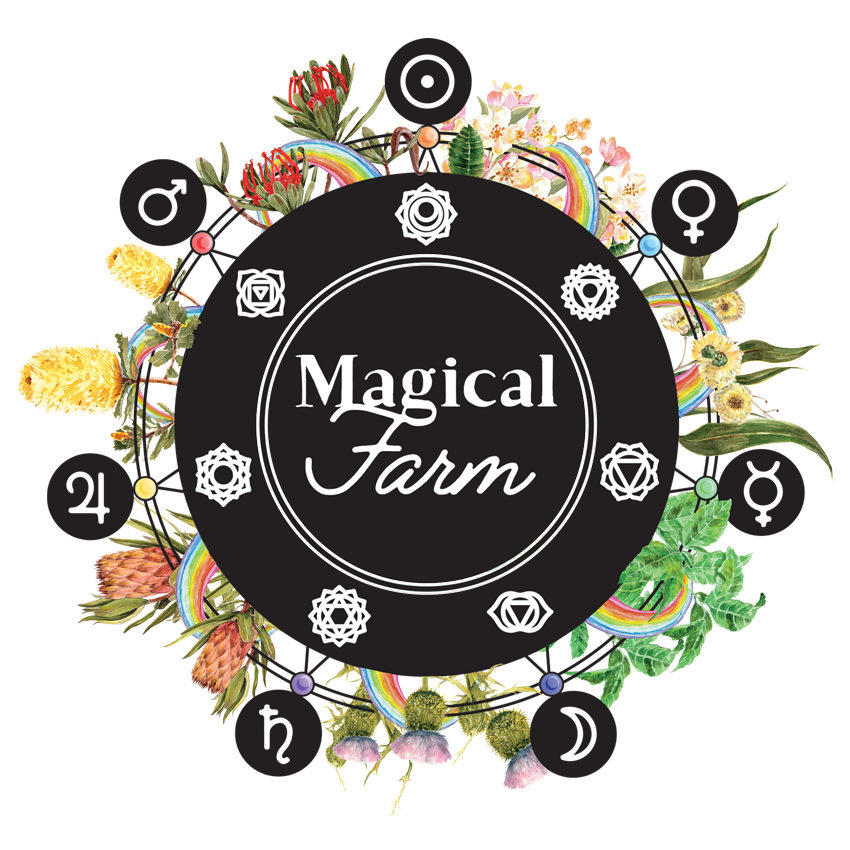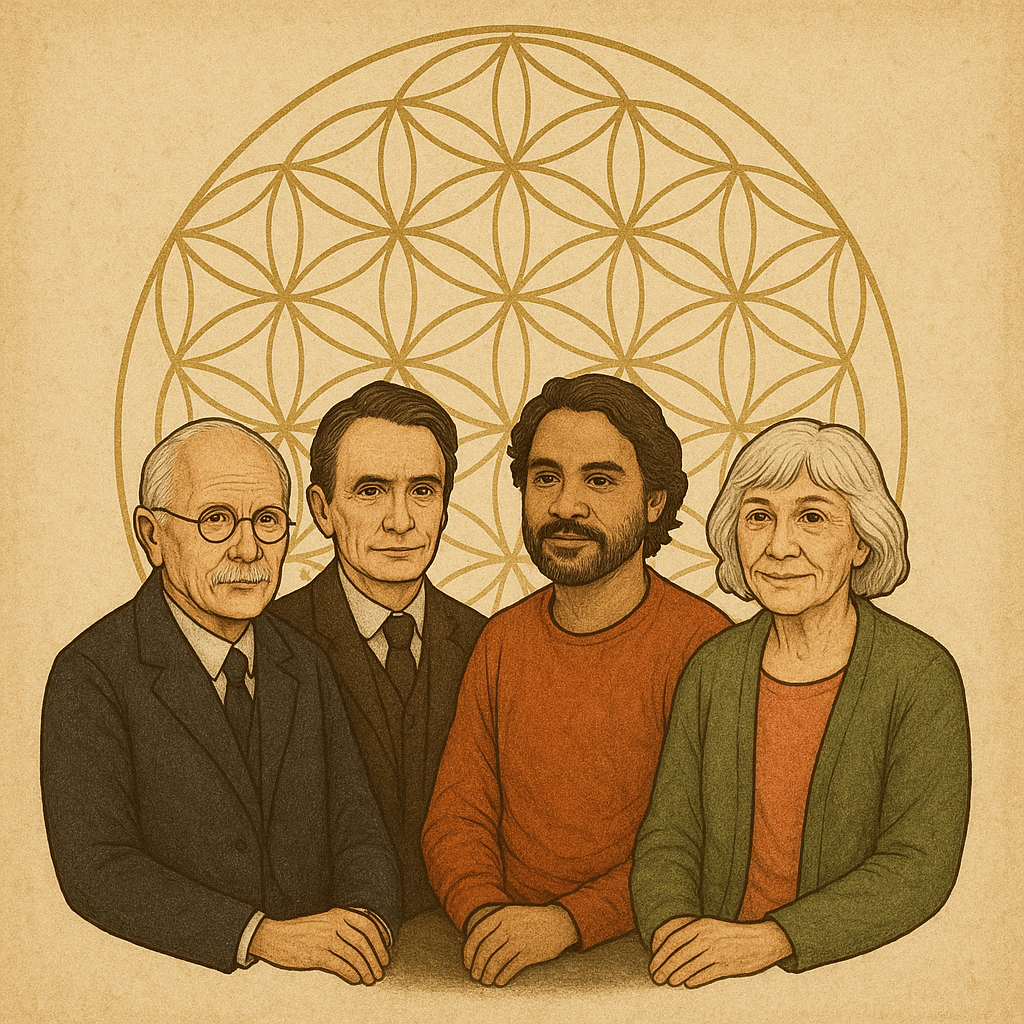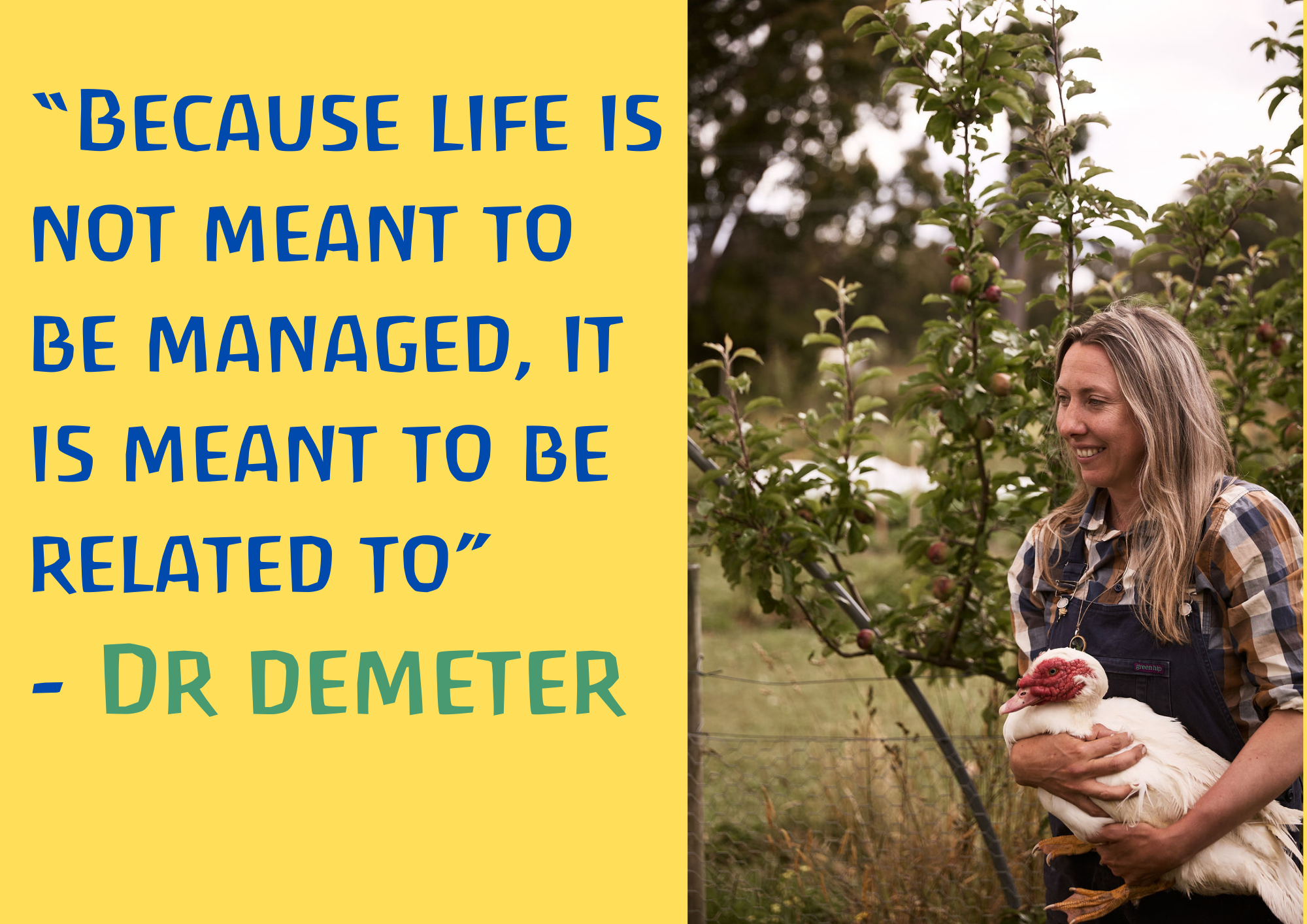By Dr Demeter (Emily Samuels-Ballantyne)
The Wound Beneath Our Feet
The phrase “No peace on stolen land” echoes across our world, painted on banners, whispered in prayer circles, shouted at rallies. It speaks an uncompromising truth: peace cannot be built on a foundation of denial. Every field, city, and coastline that carries the memory of dispossession holds an unhealed psychic and spiritual wound.
But beneath this cry is also a question: Can peace be restored, and if so, how? To explore this question through a healing lens, we must descend into the deeper currents of psyche, spirit, and story. I will weave in here four teachers: Carl Jung, Rudolf Steiner, Tyson Yunkaporta, and Joanna Macy, and each of them offer a path not of forgetting, but of remembering. By remembering I mean, remembering what we are part of, and what we are responsible for.
Carl Jung, Rudolf Steiner, Tyson Yunkaporta, and Joanna Macy by Regen Era Design Studio
Firstly, lets explore Jung through his lens of The Shadow of Civilisation thesis. Carl Jung reminds us that what we refuse to face becomes the shadow that governs us. The colonial enterprise was not only a material conquest; it was a projection of the Western psyche’s own disowned parts: the feminine, the Indigenous, the Earth herself. We see and feel this fracture everywhere today.
“No peace on stolen land” therefore mirrors a deeper unrest within consciousness. Jung would call for an individuation at a cultural scale…a process in which societies, not just individuals, make the unconscious conscious. There is a great responsibility of traditional and social media platforms to embrace these principles. Research shows much media these days is binary and performative. Healing the shadow means acknowledging complicity, integrating grief, and transforming guilt into responsibility and it asks that we replace domination with dialogue, not only with one another, but with the land itself.
Secondly I weave in Steiner and his insight called “The Spiritual Law of Balance”. For Rudolf Steiner, the Earth is not an object but a living being, so to take from Gaia without spiritual reciprocity creates karmic imbalance, which equates to a kind of moral drought. He urged humanity to develop a “threefold social order”: cultural freedom, political equality, and economic fraternity.
Applied to our context, this means:
Cultural repair through reverence and education of the spirit.
Political repair through self-determination and honest dialogue.
Economic repair through transforming ownership into stewardship.
To Steiner, peace is not the absence of conflict; it is the “presence of balance”, between matter and spirit, between taking and giving, between human will and cosmic rhythm.
Thirdly, I weave in Yunkaporta, and his tapestry offering of Custodial Mind and Pattern Thinking.
First Nations philosopher Tyson Yunkaporta takes the conversation further by dissolving the illusion of ownership itself. In his worldview, land is not a thing to be stolen or possessed: it is a web of relationships. What colonisation breaks is not just geography, but the pattern which is the living, intricate, reciprocal law that keeps Country alive.
Healing, then, is the restoration of right relationship “custodial mind”. We are in essence custodians of land, layer, upon, layer upon layer. It is not about guilt or transaction, but participation in the story of place. Yunkaporta teaches that peace is not achieved through comfort, but through correct relation, through ceremony, conversation, and care. When humans remember themselves as one thread in a living system, the land begins to remember them in return.
Fourth in the foundational woven offering I bring today, is Macy and her concept of “The Work That Reconnects”. She is an Eco-philosopher who now brings us the missing piece: the praxis of collective transformation. By praxis I mean idea/theory in practice! She names our time as the “The Great Turning”, a transition from an industrial growth society to a life-sustaining civilisation.
Macy invites us to feel the world’s suffering as our own, not as despair but as a doorway. Her “Work That Reconnects” moves through four stages:
1. Coming from Gratitude and anchoring in what still lives.
2. Honouring Our Pain for the World: facing grief and rage together (this is also a community engagement methodology P2P if you were interested to read more on it).
3. Seeing with New Eyes: by recognising interbeing and systemic wholeness.
4. Going Forth: by acting from compassion and courage.
Through Macy’s lens, “No peace on stolen land” becomes not an accusation, but an initiation, a call to transmute sorrow into sacred action.
From Sorrow and Shadow to Soil: A Praxis Offering
At Magical Farm Tasmania, we live these teachings as daily practice. Each Thursday (Jupiter Day), our Landcare Group gathers to tend the earth, learn herbal wisdom, and farm in rhythm with the cosmos. Through biodynamic agriculture, we explore the sevenfold patterns of life, the seven planets, chakras, and days of the week, as mirrors of wholeness. Here, peace is not an abstract hope but an embodied rhythm: composting grief into growth, listening to soil microbes as teachers.
Toward a Regenerative Reconciliation
Through the lenses of Jung, Steiner, Yunkaporta, and Macy, peace emerges as a “living verb”, a process of becoming whole again.
Psychic repair (Jung) integrates the shadow.
Spiritual repair (Steiner) restores balance.
Custodial repair (Yunkaporta) renews relationship.
Collective repair (Macy) transforms grief into generative action.
Together, they form a mandala of healing, a compass for those who seek not just to protest the past, but to re-pattern the future.
Conclusion: Peace as Praxis
To heal the statement “No peace on stolen land” is not to soften its truth, but to evolve its meaning. Peace cannot be declared, it must be CULITVATED.
When we acknowledge the shadow, honour our pain, reconnect with the living Earth, and act from love, peace becomes a praxis, a daily tending of relationship between people, place, and planet.
At Magical Farm, we hold this as both philosophy and practice: Healing the land is healing the self and restoring the pattern is restoring peace.
Join us at Magical Farm Tasmania to volunteer, participate in our YoFence Immersion, www.magicalfarm.org or explore regenerative living through the Regen Era Design Studio. www.regeneradesign.org
“Together, we can re-imagine peace, not as a treaty signed upon the Earth, but as a seed sown within here”



